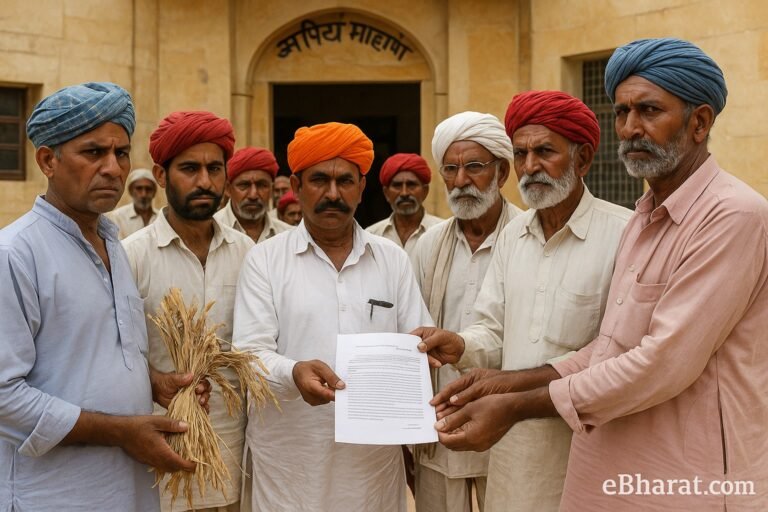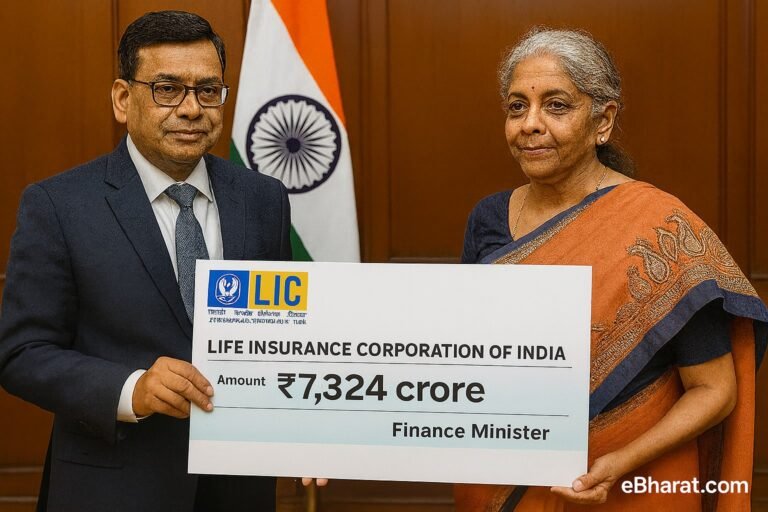
India’s insurance industry is exploring new ways to tackle fraud — and one of them involves using Google location tracking data. Reports suggest that insurers may soon verify health insurance claims by cross-checking a policyholder’s location history.
While this could make claim verification faster and more accurate, it has also raised serious concerns about privacy, consent, and regulatory oversight.
How Insurers Could Use Location Data
Industry insiders say insurers are considering the use of Google Maps and Android phone location history to verify claim details, such as:
- Hospital Visits: Was the policyholder actually present at the hospital when they claimed treatment?
- Timeline Checks: Do the travel and hospitalization dates match the claim form?
- Suspicious Patterns: Are there claims where the insured person was never at the reported location?
If used responsibly, this method could reduce fake claims and ensure faster settlements for genuine policyholders.
The Regulatory Grey Zone
The Insurance Regulatory and Development Authority of India (IRDAI) has not officially approved or prohibited this practice. Experts warn:
- Consent is Key: Without the policyholder’s explicit permission, insurers could violate data privacy laws.
- DPDP Act 2023: The new Digital Personal Data Protection Act clearly states that personal data can only be used with user consent.
- Legal Risk: Insurers could face lawsuits if they rely on third-party data without regulatory backing.
This means the practice currently sits in a grey area with no clear rules.
Privacy Concerns for Customers
For policyholders, the idea that their Google location history might be accessed by insurers is unsettling. Key worries include:
- Who Owns the Data? Is it controlled by the customer, Google, or the insurance company?
- Misuse Risks: Could sensitive health visits (clinics, pharmacies, therapy centers) be exposed?
- Trust Factor: Casual use of location data may break the fragile trust between customers and insurers.
Cybersecurity experts warn that mishandling such data could lead to serious breaches of confidentiality.
Industry Reactions
- Pro-Use Argument: Some industry experts believe this will reduce fraudulent claims and help keep insurance premiums affordable for everyone.
- Opposition: Others caution that any privacy scandal could damage insurers’ reputations more than fraud ever could.
So far, no insurer has officially confirmed adopting this method.
👉 Also Read: IRDAI Proposes Internal Ombudsmen Inside Insurers to Resolve Complaints Faster
Why This Matters
This debate is not just about technology — it’s about consumer rights vs fraud prevention.
As India goes digital, regulators like IRDAI will face pressure to:
- Protect customers’ data and privacy
- Allow insurers to innovate in fraud detection
- Create clear guidelines for digital data usage
Until then, policyholders should remain alert and demand transparency from insurers about how their data is being used.
Technology can make insurance smarter and safer, but only if your rights are protected. Before signing any policy, ask your insurer how they handle your personal data.












